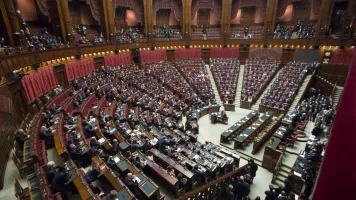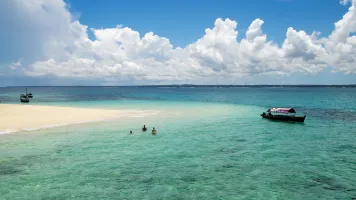World Resources Institute (WRI) is a global research organization that spans more than 50 countries, with offices in Brazil, China, Europe, India, Indonesia, and the United States. Our more than 450 experts and staff work closely with leaders to turn big ideas into action to sustain our natural resources—the foundation of economic opportunity and human well-being.
WRI develops research-based solutions that create real change on the ground. We rely on a three-step approach: Count it, Change it, Scale it.
Count It
We start with data. We conduct independent research and draw on the latest technology to develop new insights and recommendations. Our rigorous analysis identifies risks, unveils opportunities, and informs smart strategies. We focus our efforts on influential and emerging economies where the future of sustainability will be determined.
Change It
We use our research to influence government policies, business strategies, and civil society action. We test projects with communities, companies, and government agencies to build a strong evidence base. Then, we work with partners to deliver change on the ground that alleviates poverty and strengthens society. We hold ourselves accountable to ensure our outcomes will be bold and enduring.
Scale It
We don’t think small. Once tested, we work with partners to adopt and expand our efforts regionally and globally. We engage with decision-makers to carry out our ideas and elevate our impact. We measure success through government and business actions that improve people's lives and sustain a healthy environment.
Priorities as a partner of the Global Partnership for Sustainable Development Data
In collaboration with partners, WRI will create Resource Watch, a collaborative, open-data platform for empowering people with the information they need to more sustainably manage the world’s resources. Resource Watch will provide web and mobile apps that deliver timely, decision-relevant information on the world’s most urgent global challenges, including climate change, energy, forests, water, food, and cities.


